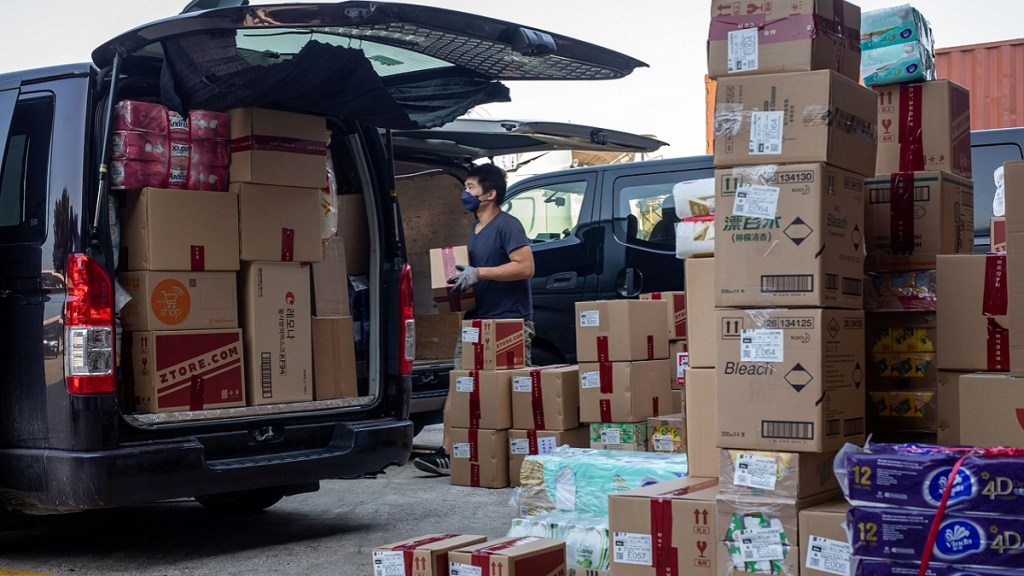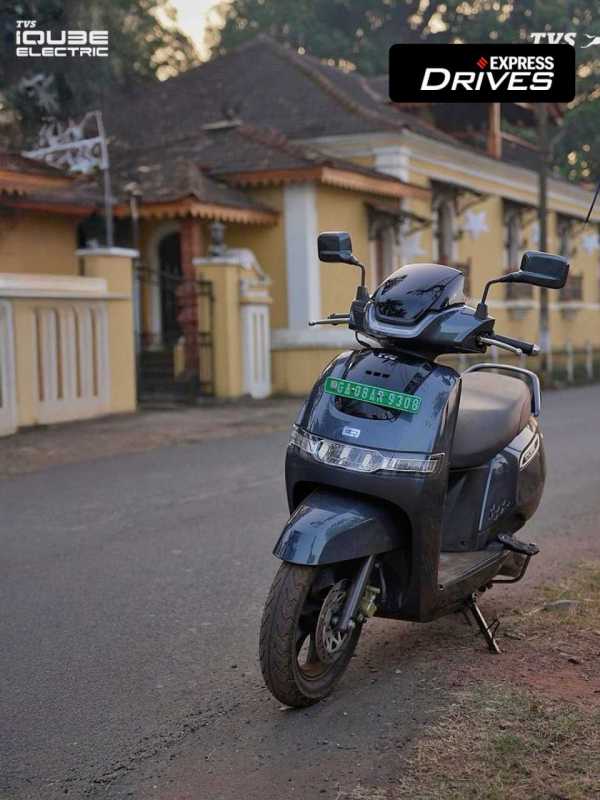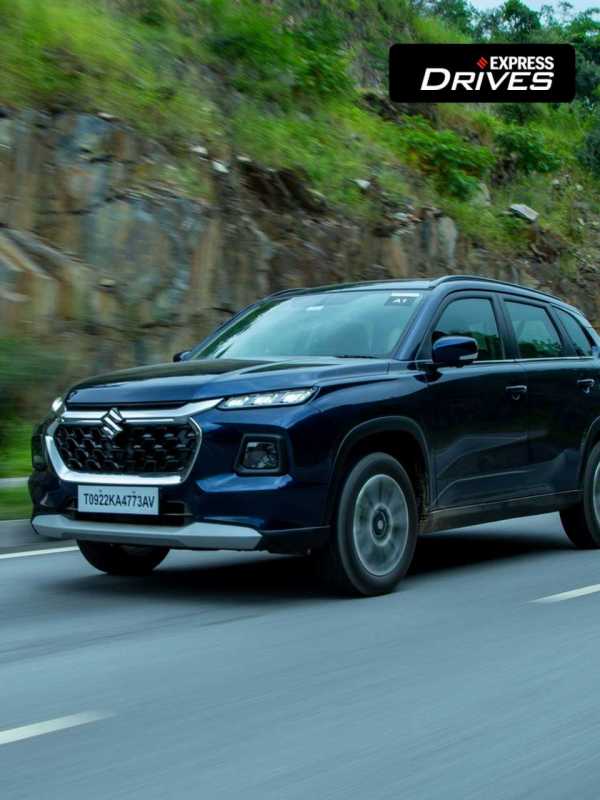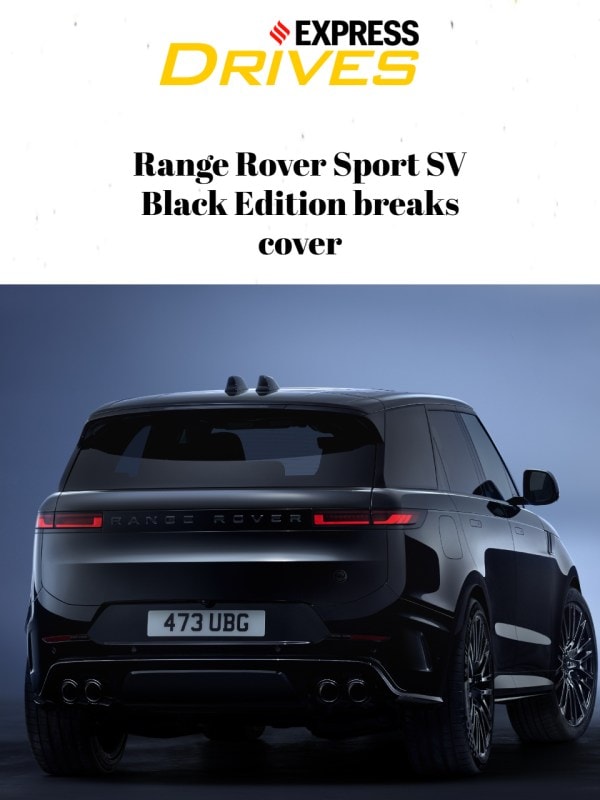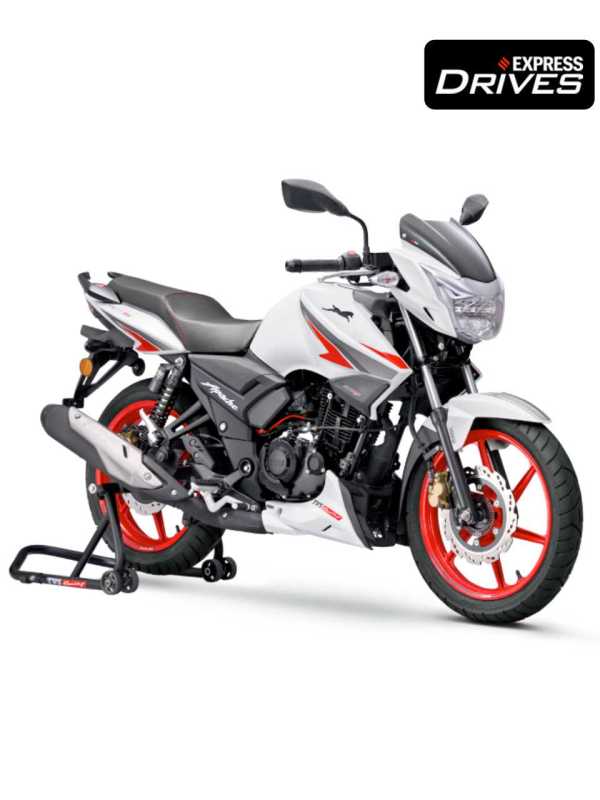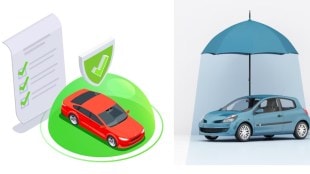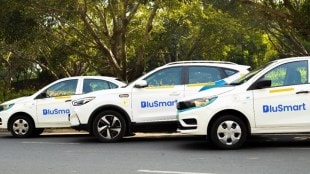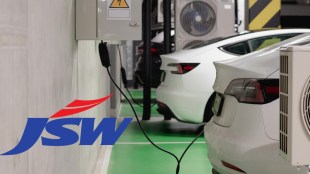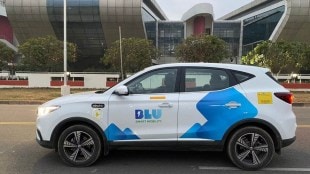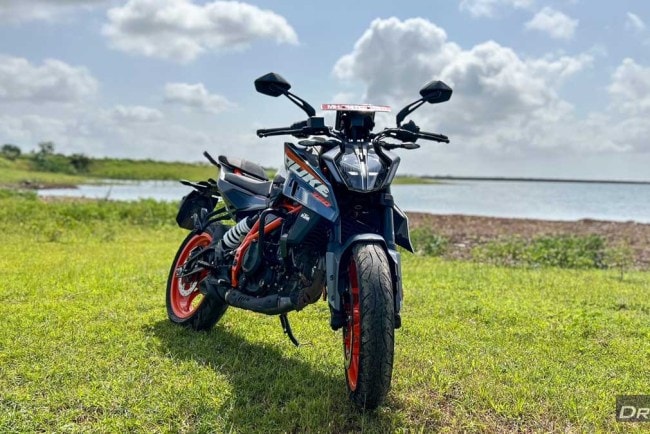E-commerce businesses with an exciting range of new products have taken a popular narrative arc in their marketing campaigns: a customer tries to place an order in a generic online store, but she finds insufficient time slots matching her requirement during checkout. She can’t get the product delivered in her preferred time slot even if she is ready to pay extra. This is where she discovers the business app and happily places an order.
Why does this resonate so well? Because convenience and customer delight has become the most critical ingredients for retaining customers. In a market with competitors offering similar products, an e-commerce platform must always be at the top of its game to attract new customers while ensuring that existing customers are maintained.
While cost remains the topmost priority when adding products to a cart, customers are also interested in the overall shopping experience, which includes several steps ranging from order placement, payments, and delivery. Most customers want a consistent, convenient, and predictable shopping experience. This is where Delivery-Linked Checkout (DLC) capabilities can play a huge role in the post-purchase, last-mile fulfillment stage of the experience.
DLC easily integrates with diverse platforms, e-commerce businesses, and logistics service providers to improve customer retention. That said, the following are some ways in which DLC can help achieve customer retention.
Capacity-based Checkout Slots
DLC keeps track of the capacity available at any given time to show different checkout options to customers. This way, customers are assured of guaranteed delivery as per their preferences. This is important as even a bad experience can drive customers away from the competition. According to a Gartner study, 70% of customers like to opt for faster and more convenient deliveries.
Efficiency in Route Plans
Advanced analytics-based Dispatch Management Platforms (DMPs) enable companies to sequence routes. When DLC is integrated with DMP, it allows the company to optimize the sequence of which order should be delivered on priority. The increased efficiency in route planning achieved with the support of DLC can improve order fulfillment, which will boost customer retention.
Better Order Management
Efficient order management is essential both for customer retention and cost efficiency. Amid a surge in e-commerce deliveries, the unit economics of the cost of a missed delivery is roughly four times as much as a single attempt delivery. The DLC feature enhances order management by automating the order allocation process in line with consumer preferences and maintaining operational efficiency. For instance, if the customer has to reschedule or cancel after the order is dispatched, the DLC feature enables the e-commerce platform to show alternative time slots to customers for rescheduling or arranging for a pickup or return.
Boost operational excellence
As DLC enables e-commerce platforms to integrate dynamic time slots with daily planning, they can operate at optimal capacity while delivering a consistent customer experience to customers. DLC also allows customers to schedule deliveries as per their preferences. At the same time, it will enable the company to allocate and route on-demand orders to best-suited drivers for last-mile excellence.
Improves Sustainability
DLC feature enhances customer experience and allows the company to operate more sustainably. E-commerce platforms can provide sustainable delivery options to consumers by batching orders in the same zone together, which helps it optimize resource utilization to offset carbon emissions. This is important as more customers are likely to order products from e-commerce platforms that are limiting the environmental impact. With DLC, a company can attract or retain new customers by highlighting greener delivery options on the checkout page.
Conclusion
mid intense competition in the e-commerce market, a growth-oriented business must use all means to enhance customer experience. A happy customer offers a win-win proposition regarding improved profitability and the company’s sustainability. With the DLC feature, an e-commerce platform can achieve both these goals with much ease and, in the process, also retain existing customers while continuing to add new ones.
Written by – Nishith Rastogi, Founder and CEO of Locus

